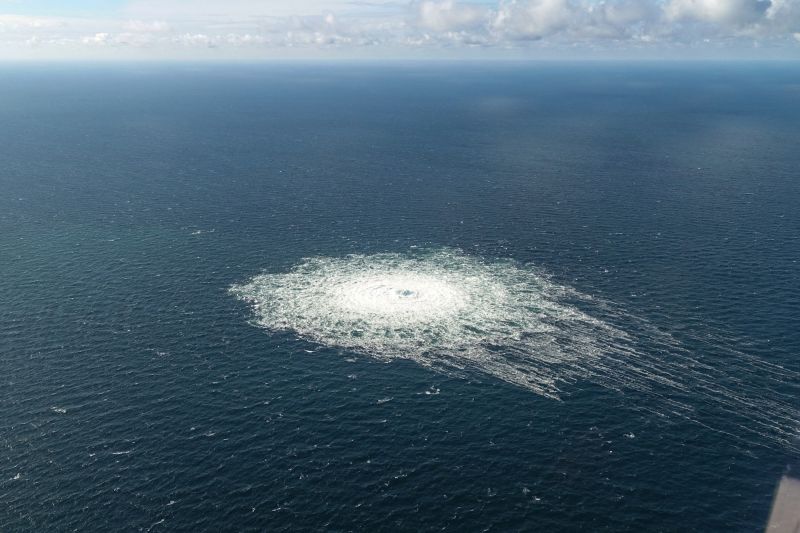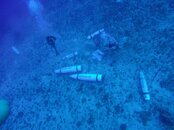For all the "any twist of logic to blame someone other than Russia" folks - if the objective was to completely deny Nord Stream as a gas supply option to Germany, why only blow three out of the four pipelines? As stated, the B pipeline of Nord Stream 2 was undamaged and the Russians have said since the explosions that it could be made operational if the Germans would pretty please just let them open the valves.
Interesting. But same conclusion.
Cutting capacity by 75% still damages Russia's long term interests. Nord Stream 2 wasn't going to replace 1, they were going to run in parallel, which means Germany was eager to buy as much as 110 billion cubic meters of gas per year from the Russians. Now the maximum is 27.5. One way or another, this war is going to end eventually. Why would Russia voluntarily give up such enormous future cash flows?
OTOH, it makes perfect sense for the US to insist or decide (depending on who actually carried out the attack) to leave one line intact to send a message while limiting the harm to Germany's economic future. And it would need to be a Nord Stream 2 line since that would take the longest to make operational.







